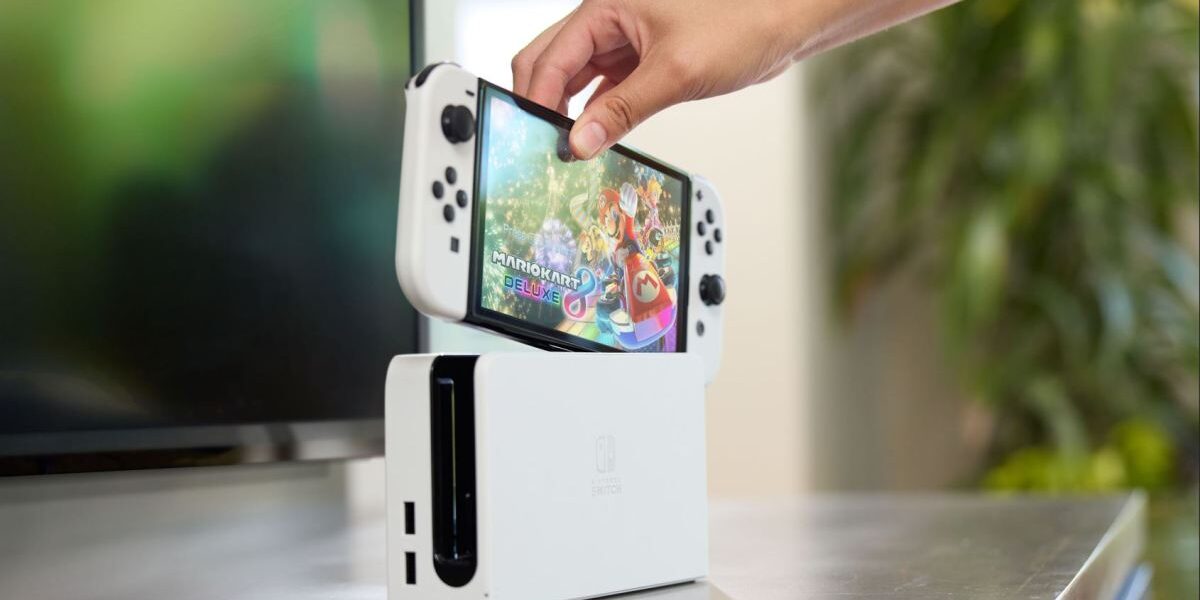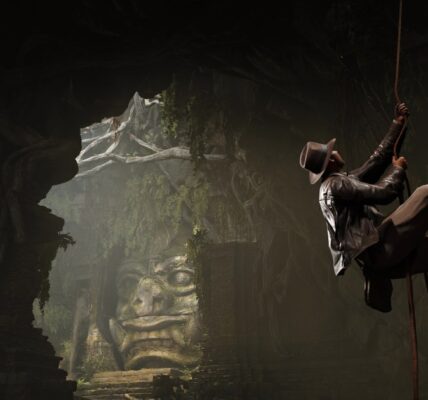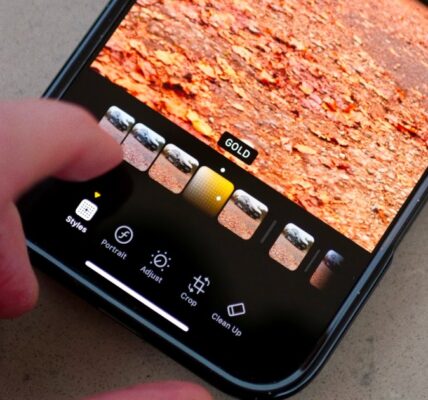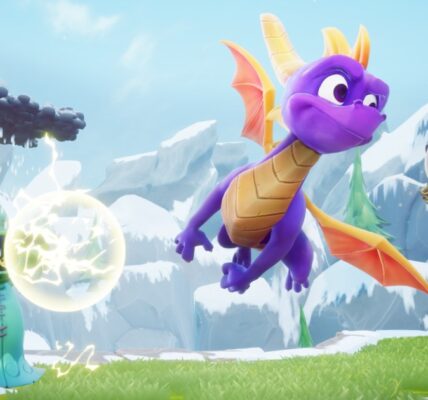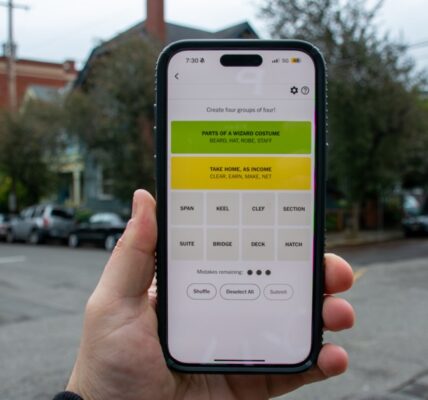Nintendo Switch 2 will have to overcome one major challenge
The latest news on the Nintendo Switch’s successor, colloquially referred to as the Nintendo Switch 2, excites me. Unfortunately, it also demonstrates a major hurdle that Nintendo Switch 2 will have to overcome.
While Nintendo has yet to go all out in terms ofexplaining what the Switch 2 is yet (or if that’s even its name), we did learn in the company’s latest financial results that the console will be backward compatible with Nintendo Switch titles. That’s a win for not just Switch 2, but game preservation and the Nintendo Account system. Although backward compatibility is a net win for Nintendo’s next system, as it was for the PlayStation 5 and Xbox Series X/S, it reminds me that Nintendo must succeed where PlayStation and Xbox have struggled this generation.
Namely, Switch 2 needs to feel like a neccaessary upgrade from the Nintendo Switch. PS4 to PS5 adoption has been slower than expected, likely because people haven’t felt the need to upgrade in order to enjoy the games they are playing the most. While backward compatibility is a net good for the Switch 2, I just hope that doesn’t also mean that Nintendo is relying on people mostly playing Switch 1 games on the new system.
Earlier this year, PlayStation boasted that it had 118 million monthly active users, but revealed that around half of those were still on PS4. We’re nearly four years into this new console generation, and it still seems like a lot of people haven’t found it necessary to make the upgrade yet. That makes sense, as the most popular games like Fortnite and each new Call of Duty are still on last-gen consoles.
New PS5-only exclusives like Returnal, Marvel’s Spider-Man 2, and Astro Bot have been great, but slow to trickle out. Even several years in to the current generation of console gaming, it feels like the last generation never ended. That sentiment is only slowly starting to change, now that more and more big third-party games, like EA Sports College Football 25 and Grand Theft Auto VI, are dropping last-gen consoles. Overall, I think that has hurt Xbox and PlayStation, and I’m worried the same thing is going to happen to Nintendo.
Nintendo has sold over 146 million Nintendo Switch consoles and 1.3 billion units worth of software on that platform. People have massive Switch libraries of games they adore and have sunk dozens, if not hundreds, of hours into. As such, it make sense that Nintendo doesn’t want its players to completely leave all of that behind. Even if people only buy a game or two for Switch 2 at release, they’ll have a giant back catalog of titles to enjoy on it.

The thing is, there needs to be more than only a game or two exclusive to the new system to buy. Nintendo can’t control third-party developers, but I’m worried the Switch 2 will lack an identity out of the gate if most of its launch exclusives and games released throughout its first year are cross-gen titles also available on Switch. The Switch 2 needs an identity of its own, especially if it is truly a Switch 2 and not some sort of wildly different idea.
If Nintendo isn’t careful, it could potentially make the same mistakes PlayStation and Xbox made during their last console transitions. If people are going to drop one system for another, there needs to be an ample, worthwhile reason to upgrade. Nintendo, thankfully, has the benefit of its first-party games like Mario Kart 8 Deluxe, Animal Crossing: New Horizons, and Super Smash Bros. Ultimate being as popular as third-party live service games are on other platforms.
If Switch 2 can deliver exclusive follow-ups to those games, or multiple titles with similar potential for being massive hits, within the first year of the console’s life cycle, people will feel the need to upgrade. And if they do, Nintendo can have a smoother transition from one console to another than both Sony and Microsoft did with their latest gaming platforms. As we continue to learn more and more about whatever the Switch 2 ends up being, this will remain one of the biggest challenges for Nintendo to overcome.
